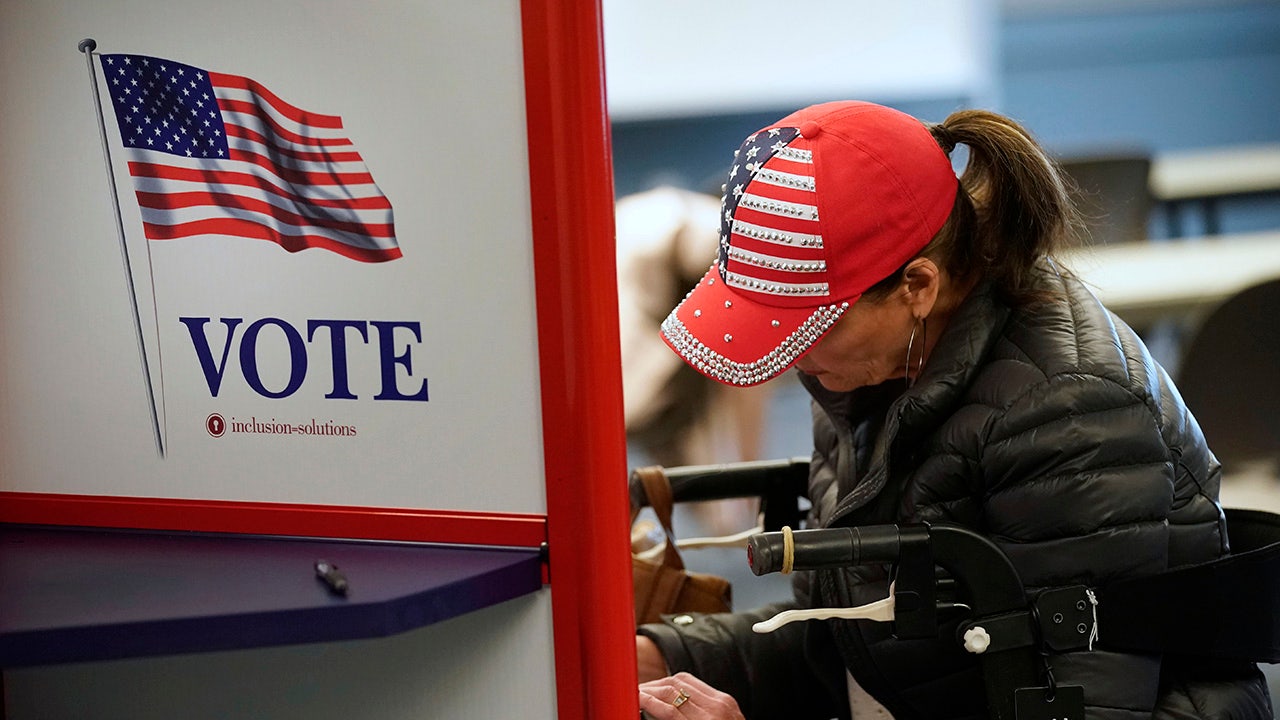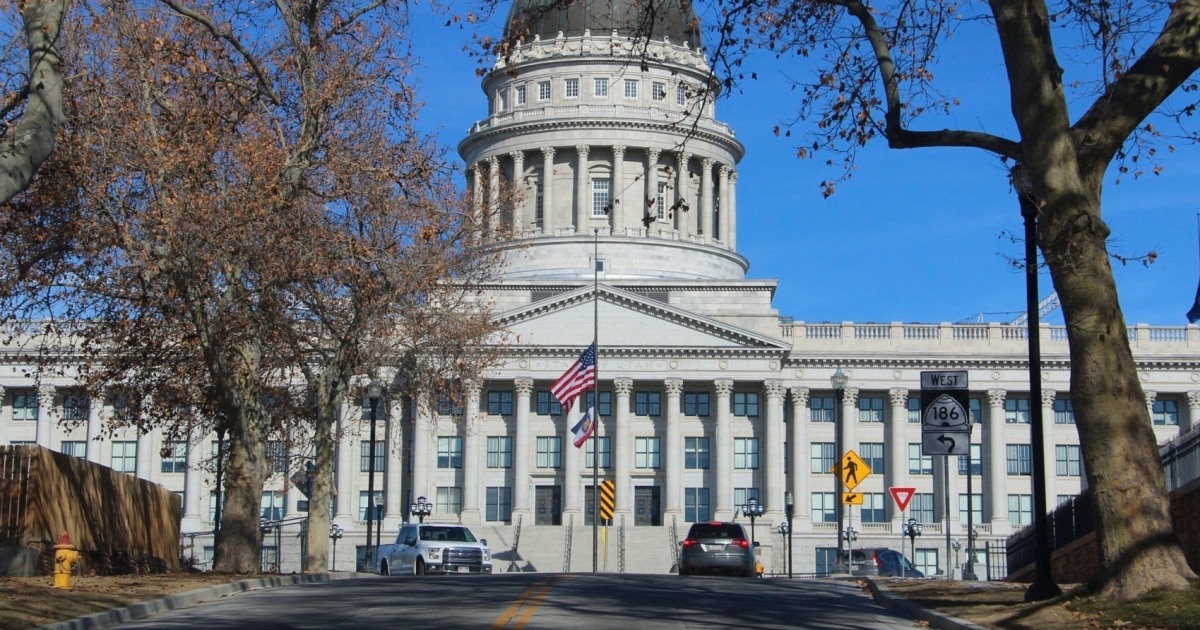Utah Judge Rules Congressional Map Unlawful, Mandates Redraw for 2026 Elections
A Utah judge ruled the state's 2021 congressional map unlawful, citing violations of voter-approved safeguards and ordering a redraw for 2026 elections; Republican officials will appeal.
Subscribe to unlock this story
We really don't like cutting you off, but you've reached your monthly limit. At just $5/month, subscriptions are how we keep this project going. Start your free 7-day trial today!
Get StartedHave an account? Sign in
Overview
- A Utah judge ruled the state's 2021 congressional map unlawful, mandating it be redrawn for the 2026 elections due to violations of state law and voter-approved safeguards.
- The ruling found that the Republican-controlled Utah Legislature weakened an independent commission designed to prevent gerrymandering, impacting the fairness of district boundaries.
- A key factor in the decision was the existing map's division of Salt Lake County among four Republican congressional districts, which the judge deemed problematic.
- Republican officials plan to appeal the ruling, potentially delaying new maps until 2028, with the case possibly reaching the U.S. Supreme Court.
- Lt. Gov. Deidre Henderson urged courts to finalize the case by November, ensuring new maps are in place before candidates file in January for the 2026 elections.
Report issue

Read both sides in 5 minutes each day
Analysis
Center-leaning sources frame this story primarily as a significant political opportunity for Democrats, immediately highlighting the potential for a new seat. They contextualize the Utah ruling within a broader national partisan struggle over congressional control, detailing redistricting efforts initiated by both parties across various states. This collective editorial choice emphasizes the political stakes rather than solely focusing on the legal precedent or the specifics of the gerrymandering reform.
Articles (10)
Center (4)
FAQ
The judge ruled Utah's 2021 congressional map unlawful because the Republican-controlled Legislature weakened an independent redistricting commission established by voter-approved Proposition 4, leading to partisan gerrymandering that violated state law and split Salt Lake County among four Republican districts unfairly.
Proposition 4 is a voter-approved citizen ballot initiative that established an independent redistricting commission to create congressional, legislative, and school board maps, aiming to prevent partisan gerrymandering; the Legislature's override and weakening of this commission was central to the lawsuit.
Republican officials plan to appeal the ruling, which could delay the implementation of new congressional maps until 2028, with the case potentially reaching the U.S. Supreme Court; meanwhile, Utah’s Lt. Gov. called for finalizing the case by November to prepare new maps before the 2026 candidate filing deadline.
Plaintiffs and advocacy groups like the League of Women Voters of Utah celebrated the ruling as a victory for voters and legal respect for the citizen initiative, expressing readiness to work collaboratively with the Legislature going forward.
The court found it problematic that Salt Lake County was divided into four separate Republican congressional districts, a division seen as diluting fair representation and facilitating partisan gerrymandering.
History
- 2M

 6 articles
6 articles









